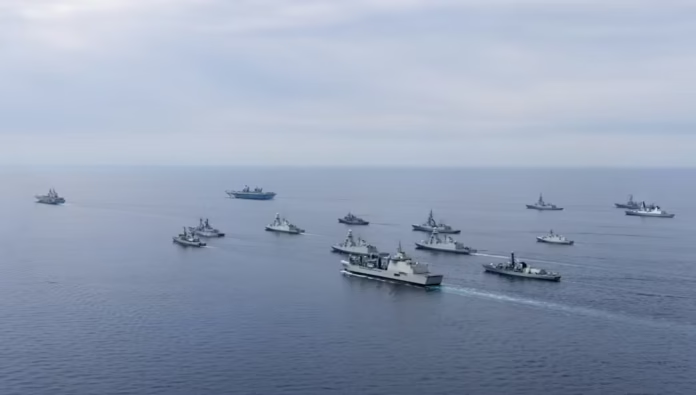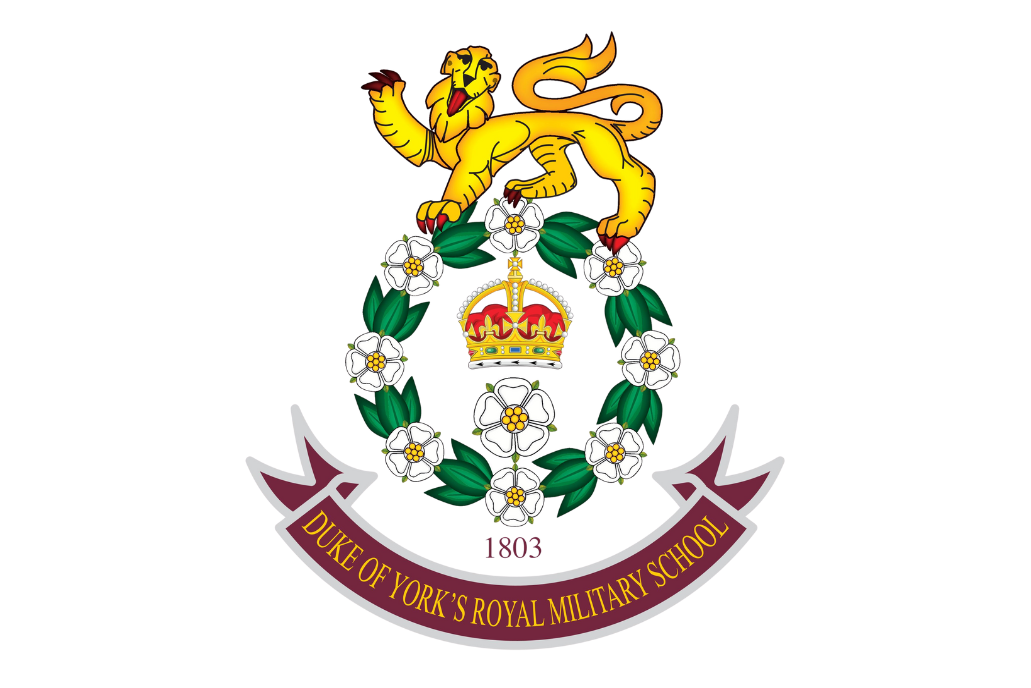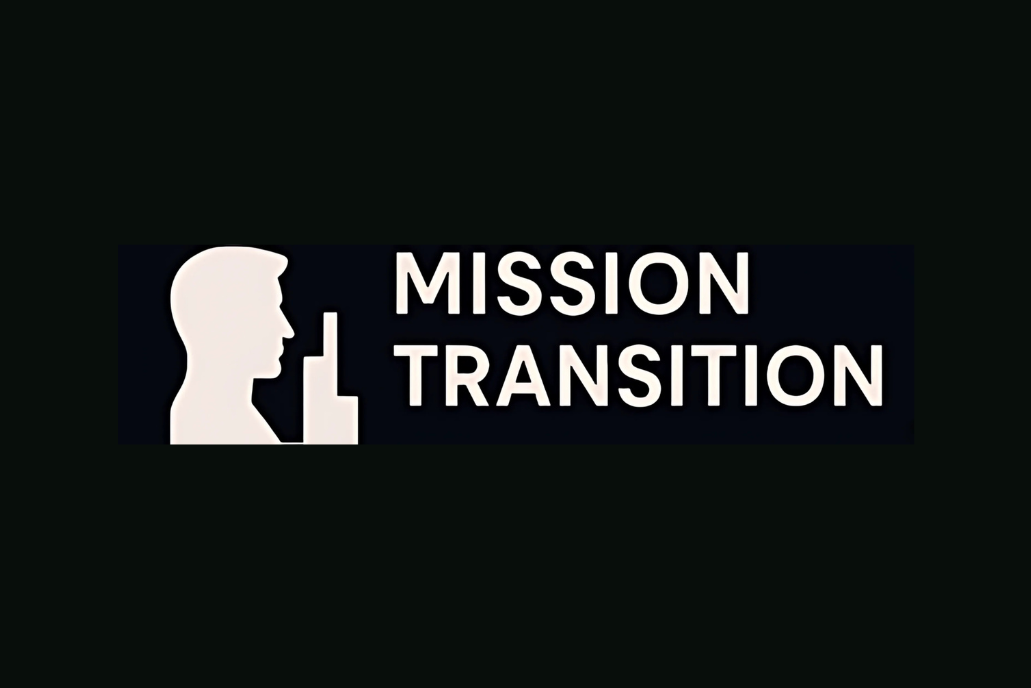If Russia is looking for a fight with NATO, it had better think twice. That’s the message from Admiral Sir Tony Radakin, the UK’s Chief of the Defence Staff, who gave a starkly confident account of NATO’s military muscle this week.
Speaking before the Defence Committee, Admiral Radakin didn’t mince his words. When asked whether NATO could withstand a high-casualty conflict or keep up with replenishing losses, he dismissed the anxiety outright.
“I genuinely don’t tend to subscribe to that anxiety,” he told MPs. “We are so extraordinarily strong compared to our principal threat, Russia.”
Radakin’s confidence wasn’t just based on belief, it’s rooted in hard power. He pointed to NATO’s sheer dominance in three critical arenas: air, sea, and strategic reach. According to the Admiral, if war were ever to break out, the West would seize control fast, and decisively.
“The real question is: how quickly could we get control of the air? Because once you do, you can hold a nation’s economy and infrastructure at real risk.”
And it doesn’t stop there. Sea control, Radakin explained, would be just as swift, and just as devastating for Moscow.
“For NATO, that ability to have control of the sea is phenomenal,” he said. “We could deny Russia freedom of movement almost immediately.”
NATO’s Shift: No More Waiting Around
But perhaps the most striking part of Radakin’s testimony was his insight into how NATO’s mindset has evolved. Gone are the days of waiting to respond after an incursion. Today, the strategy is all about moving fast, getting boots on the ground before an inch of land is lost.
“It’s not about letting Russia grab territory and then figuring out how to win it back,” he said. “It’s about blocking that aggression before it happens. That’s where our strength lies.”
This shift is what Radakin called “proactive deterrence”, a move that not only strengthens NATO’s position but makes war far less likely.
And as for the fear that any war with Russia would resemble the brutal slog Ukraine has endured? Radakin was crystal clear:
“That’s not how we would fight. The idea that a war with Russia would drag on in the same way misunderstands our capability. We’ve got a phenomenal overmatch, and that’s exactly what keeps Russia in check.”
A United Front, With the U.S. Still at the Core
Radakin also tackled one of the most pressing strategic questions: could Europe hold its own if the United States ever scaled back its role in NATO?
His answer? Europe is robust, but the U.S. isn’t going anywhere.
“I reject the premise,” he said flatly. “Every interaction I’ve had, every signal we’re getting from Washington, is clear: America is sticking with NATO.”
Radakin highlighted the recent nomination of the next Supreme Allied Commander Europe (SACEUR) as proof of ongoing U.S. commitment. And when it comes to nuclear deterrence, the cornerstone of NATO’s defence posture, it’s American backing that remains vital.
“America’s role in providing nuclear protection is absolutely pivotal. That’s why you’re seeing European nations continuing to bolster their own efforts as well.”
NATO: Poised, Prepared, and Not to Be Tested
The bottom line? NATO isn’t just holding the line, it’s preparing to win fast, should it ever need to.
Radakin’s words were both a reassurance to Western allies and a firm warning to would-be aggressors. NATO is united. Its plans are clear. And if push comes to shove, the outcome won’t be a close call.
“Russia does not want to fight with NATO,” Radakin concluded. “It doesn’t want nuclear war. And we should be confident of that.”
The balance of power is firmly in NATO’s favour, and that’s exactly how it intends to keep it.
















